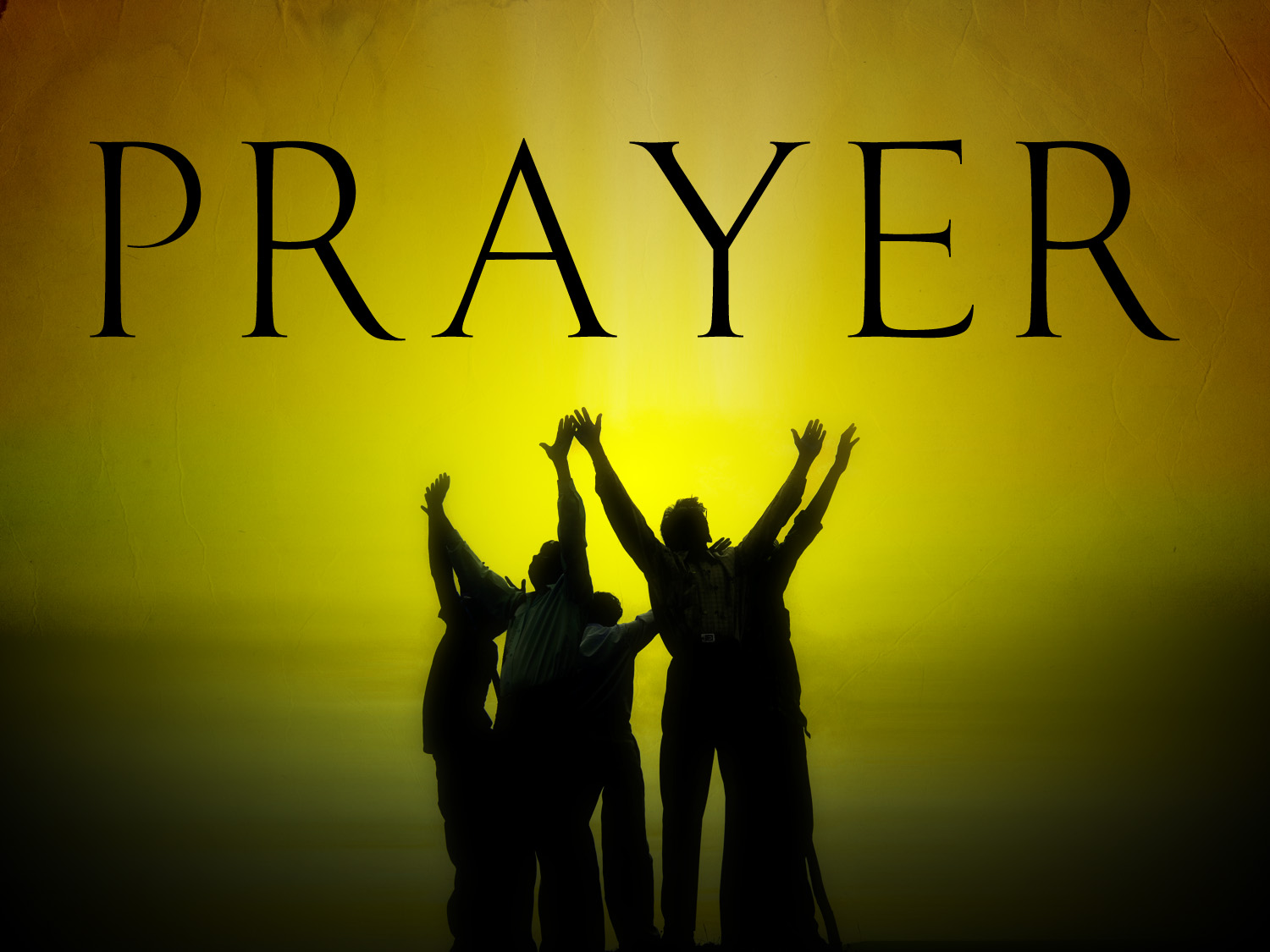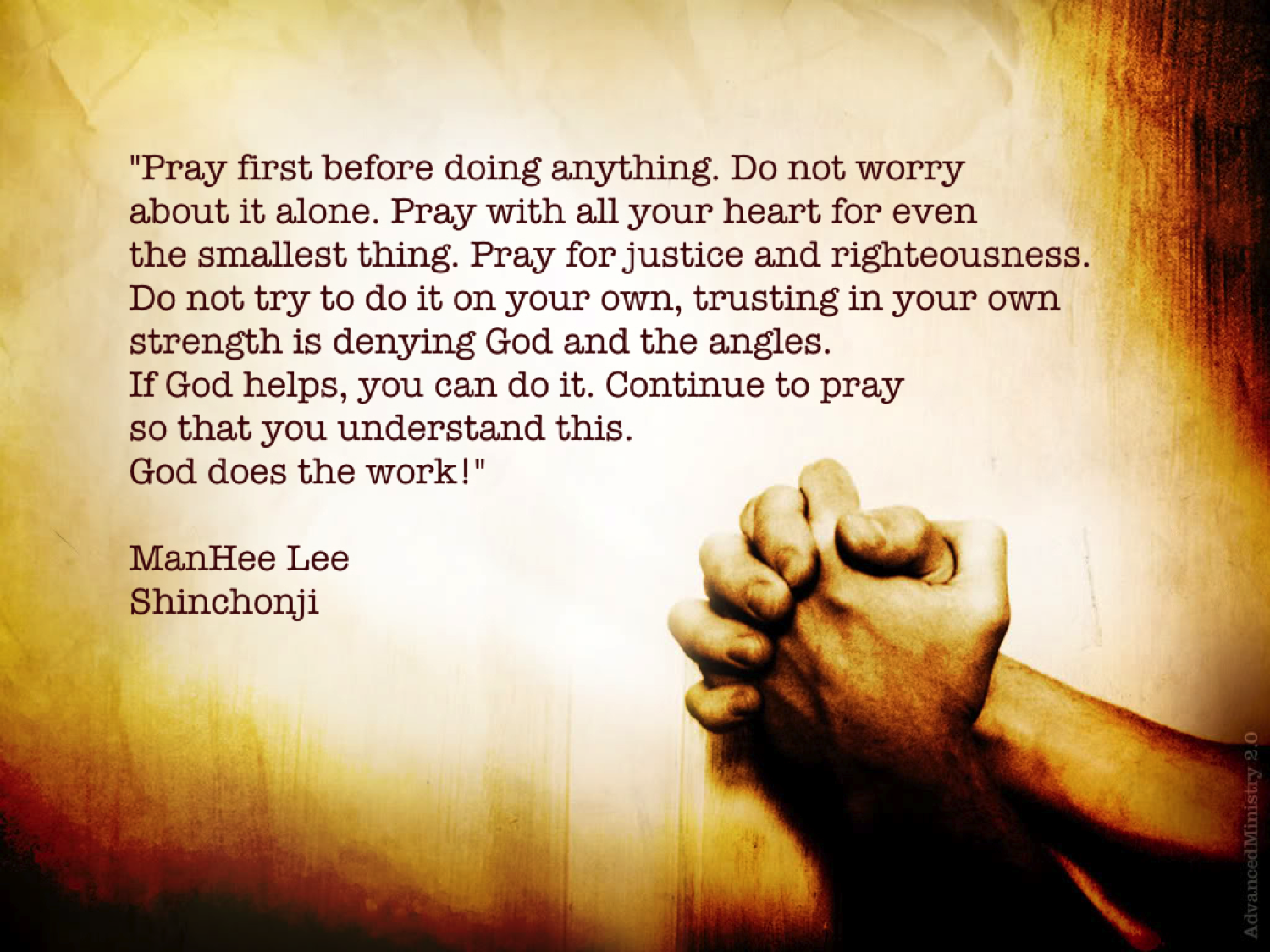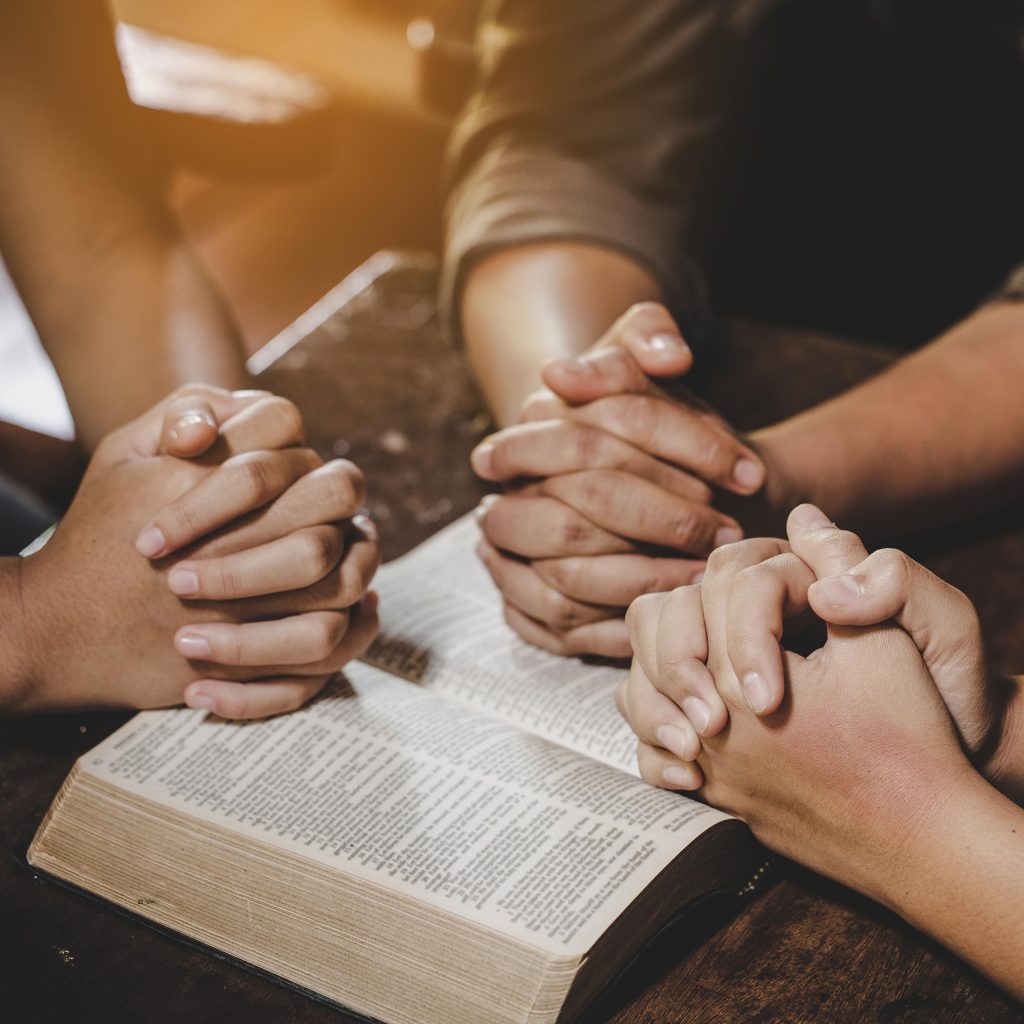It happens to all of us, doesn't it? One moment, your keys are right there, and the next, they've vanished into thin air. Or maybe it's that important paper, a cherished photograph, or a piece of jewelry that holds special meaning. That feeling of a knot in your stomach, the frantic searching, the growing worry – it's a very common human experience, you know. When something important goes missing, it can feel like a part of your daily routine has just stopped working. It can be a real bother, that's for sure.
Sometimes, when we've looked everywhere we can think of, and our own efforts just aren't getting us anywhere, we might start looking for help from places beyond the usual. For many people, this means turning to something bigger than themselves, to a source of calm and comfort. It's about reaching out for a little extra support when things feel a bit out of our control. This is where, like, a sense of faith can really come into play, offering a different kind of path to take when you're feeling stuck.
For countless individuals through the ages, that extra bit of help has come from a very special figure: Saint Anthony of Padua. He's widely known as the one you call upon when things have gone astray, whether it's something small that's slipped your mind or something truly important that seems to have disappeared. People have turned to him for ages, seeking his assistance with finding what's lost, and it's a practice that continues to bring comfort and, some would say, results to this very day. So, basically, he's the go-to for those moments of "where did I put that?"
- Ava Woods
- A Silent Voice Plot
- What Happened To Dr Ross On Vet Life
- Maya From Six Feet Under Now
- All Time Great Catchers
Table of Contents
- Who Was Saint Anthony of Padua, Anyway?
- Why Do People Turn to Saint Anthony for Finding Lost Things?
- What Does It Mean to Really Pray?
- How Can We Talk to a Higher Power?
- Is There a Right Way to Pray for Lost Items?
Who Was Saint Anthony of Padua, Anyway?
Saint Anthony of Padua was a real person who lived a long time ago, back in the 1100s and 1200s. He was born in Lisbon, which is in Portugal, and his birth name was Fernando Martins de Bulhões. He came from a well-off family, but he chose a different path for his life. He joined a religious group, first the Augustinians, and then later, he became part of the Franciscans, a group started by Saint Francis of Assisi. He was, like, a very learned man for his time, known for his ability to speak and teach about spiritual matters.
He traveled quite a bit, sharing his thoughts and beliefs with many people. He spent a good deal of his time in Italy, particularly in the city of Padua, which is why he's often called "Saint Anthony of Padua." He was known for his kind heart and his strong commitment to helping those who needed it most. He passed away when he was still relatively young, but his impact on people's lives was, like, really significant. People started to look to him for help with all sorts of troubles, and the idea of him helping to find lost things just sort of grew from there. It's interesting how, you know, some people just leave such a lasting mark.
Personal Details and Bio Data of Saint Anthony
| Detail | Information |
|---|---|
| Birth Name | Fernando Martins de Bulhões |
| Born | August 15, 1195, Lisbon, Portugal |
| Died | June 13, 1231, Padua, Italy |
| Venerated In | Catholic Church, Anglican Communion, Eastern Orthodox Church, Lutheran Church |
| Canonized | May 30, 1232, by Pope Gregory IX |
| Major Shrine | Basilica of Saint Anthony of Padua, Italy |
| Patronage | Lost things, lost people, lost articles, infertile people, oppressed people, poor people, sailors, travelers, American Indians, animals, against starvation, finding lost items, runaways, shipwrecks, Portugal, Brazil, and more. |
Why Do People Turn to Saint Anthony for Finding Lost Things?
The story about Saint Anthony and lost things is a bit old, you know, and it has a few different versions. One popular tale says that a student who was studying with Anthony decided to leave the group and, on his way out, took a very important book of psalms that belonged to Anthony. This book was really special to Anthony because it had notes he had made for his teachings. So, Anthony prayed that the book would be returned. Not long after, the student came back, gave the book back, and even rejoined the religious group. This event, basically, helped spread the idea that Anthony could help when things were misplaced.
- Thats So Raven Cartoon
- Francesca Farago Fiance
- How To Start An Isp Service
- Vince Gill Net Worth 2024
- Why Are Bonnie And Clyde Famous
Over time, this idea just grew and grew. People started to believe that if they asked Saint Anthony for help, he would intercede on their behalf, meaning he would put in a good word, so to speak, for them to find what was gone. It's a bit like having a helpful friend who knows just what to do when you're in a fix. This tradition has been passed down through generations, becoming a comforting custom for many when something important seems to have vanished. It's, like, a common thing to hear people say, "I'll say a prayer to St. Anthony" when they've lost something.
The Simple Act of a Prayer to St Anthony to Find Lost Things
When you're looking for something that's gone missing, the act of saying a prayer to St Anthony to find lost things can be a way to, like, gather your thoughts and focus your intentions. It's not just about the words you say, but the feeling behind them. It’s an expression of trust, a way to hand over that feeling of helplessness when you've searched everywhere and still come up empty. It’s a moment to, you know, step back from the frantic searching and connect with a sense of hope.
This kind of prayer is, in a way, a simple admission that sometimes, our own efforts just aren't enough. It's a way of saying, "I've done what I can, and now I'm open to receiving help from beyond myself." It can bring a sense of peace, which, honestly, can be really helpful when you're feeling stressed about a lost item. It's a very human thing to do, to reach out when you feel like you're at the end of your rope.
What Does It Mean to Really Pray?
When we talk about prayer, it's really just about having a conversation. It's like talking to a very kind listener who wants to hear what's on your mind. My text suggests that prayer is, basically, "simply talking to God." It's not about using fancy words or following strict rules, but about opening up and sharing what's in your heart. It's a very direct way to communicate, you know, your hopes, your worries, and your thanks.
This idea of prayer as a simple conversation is, honestly, a comforting thought. It means you don't need a special place or a specific time to do it. You can, like, just speak your thoughts wherever you are, whenever you feel the need. It's a way of connecting that's always available, not just for big, important moments, but for all the little things that happen in your day-to-day life. It's a connection that's, basically, always there for you.
Making Your Prayer to St Anthony to Find Lost Things More Meaningful
To make your prayer to St Anthony to find lost things feel more real, it helps to remember that it's a personal conversation. It's not about performing a ritual, but about expressing a genuine desire for help. My text points out that "prayer is an expression of faith in God’s power, fueled by a desire for more of him." This means that when you pray, you're also showing a trust that things can work out, even if you don't see how right now.
You can make it more meaningful by, like, really focusing on what you're saying and why you're saying it. It's about letting go of the idea that you have to do it all on your own. It's a way of acknowledging that there are things beyond our immediate control, and that's okay. It’s a bit like a child asking a parent for help; there's a simple trust there, and that kind of trust can make your prayer feel, you know, very powerful to you.
My text also says that "prayer to God is like a child’s." This means it can be simple, honest, and direct. You don't need to overthink it. Just say what you feel, what you've lost, and ask for help. This simple approach can, basically, make the act of prayer much more accessible and less intimidating for anyone who might feel unsure about how to go about it. It's about being genuine, really.
How Can We Talk to a Higher Power?
Talking to a higher power, whether you call it God or something else, is really about opening up. My text tells us that "God wants you to talk to him." This suggests that there's an openness, a desire for connection from that higher source. It's not about being perfect or having all the answers, but just about being willing to speak your mind. It's a bit like, you know, when someone truly cares about you and wants to hear what you have to say, no matter what it is.
This kind of communication is, basically, for every moment of our lives. My text notes that prayer is "not just for times of suffering or joy." This means you can talk when you're happy, when you're sad, when you're confused, or when you've just lost your car keys. It's a constant line of communication that's always there, always open. It's a tool, you could say, for living your daily life with a little more peace and, like, a sense of connection.
The Everyday Conversation of a Prayer to St Anthony to Find Lost Things
When you offer a prayer to St Anthony to find lost things, think of it as just another part of your day, like, a quick chat. You don't need to make a big production out of it. You can just say a few words, a simple request, as you're looking under the sofa or checking your coat pockets for the tenth time. It's about making prayer a natural part of how you deal with life's little bumps.
My text also mentions that "we should thank God in prayer too." This is a really important part of the conversation. Even when you're asking for something, taking a moment to express gratitude for what you do have can shift your perspective. It helps to keep things balanced, to remember that even in moments of frustration, there's still, you know, plenty to be thankful for. This kind of appreciation can make your prayer feel more complete, more genuine.
It's also about being honest with yourself. My text says, "If we want to learn how to pray in the spirit, we must be honest about our tendency to try to pray on our own." Sometimes, we try to solve everything by ourselves, and that's okay, but it's also good to admit when we need a little help. It's about, like, letting go of the idea that we have to be completely self-reliant all the time. Acknowledging that you're seeking help is a very human thing to do, really.
Is There a Right Way to Pray for Lost Items?
There isn't one single "right" way to pray for lost items, but there are ways to make your prayer feel more effective for you. My text mentions that "a deep prayer life is difficult to maintain, but it’s also greatly rewarding." This means that putting a little effort into your prayer, making it a regular part of your life, can bring real benefits. It's like any skill, the more you practice, the more natural it becomes, and the more comfort you might find in it.
It’s about being consistent, not just praying when you're in a tough spot, but also when things are going well. My text says, "If you have set it aside or are stuck in a rut, here are seven simple prayers to pray each day." While these are general prayers, the idea is that regular, simple prayer can help build a habit of connection. This habit can then, like, naturally extend to those moments when you really need help finding something.
My text also suggests that "prayerlessness is the great enemy of true happiness." This points to the idea that neglecting this kind of spiritual connection can, basically, leave us feeling a bit empty or alone. Engaging in prayer, even for something as seemingly small as a lost item, can contribute to a greater sense of well-being and, you know, a feeling of not being quite so alone in the world.
Steps to Take When Offering a Prayer to St Anthony to Find Lost Things
When you're ready to offer a prayer to St Anthony to find lost things, here are a few simple steps you might consider. These are not strict rules, just ideas to help you feel more connected. My text mentions "seven steps to take this year to help strengthen your prayers." We can adapt these ideas for our specific need right now, which is, like, finding that lost item.
- Acknowledge the Loss: First, just admit that something is missing and that you're feeling a bit frustrated or worried. It's okay to feel that way.
- State Your Need Clearly: Tell Saint Anthony, or whatever higher power you connect with, exactly what you've lost. Be specific. For example, "I've lost my silver ring with the small blue stone."
- Express Your Trust: Let go of the idea that you have to control everything. This is where that "expression of faith" comes in. It's a simple trust that help can come.
- Be Open to Guidance: Sometimes, the answer isn't just the item appearing. It might be a sudden thought, a memory of where you last saw it, or even a friend calling to say they found it. Be open to these, like, subtle nudges.
- Look Again, with a Fresh Mind: After praying, take a moment to breathe. Then, go back and look again, perhaps in places you already checked, but with a more calm and focused mind. You might be surprised what you notice when you're not so stressed.
- Give Thanks: Even before you find the item, or especially after you do, offer thanks. My text reminds us to "thank God in prayer too." This completes the conversation, you know, showing appreciation.
- Keep the Connection Going: Don't just pray when things are lost. Make prayer a regular, simple part of your life. My text says, "Prayer is simply talking to God—and the most important thing I can say about this is that God wants you to talk to him. He loves us and he has promised to hear us when we pray." This ongoing connection is, basically, what makes prayer a powerful part of living.
Being devoted to prayer, as my text points out, "looks different from not being devoted to prayer." It's about a consistent effort, a willingness to keep that line of communication open. It's a way of, like, remembering what prayer is at its core: a simple conversation, a way to recover a sense of peace and connection. And then, when we really understand that, we will pray, not just for lost things, but for all the moments of our lives.
This article has explored the practice of turning to Saint Anthony for help with finding lost items, connecting it to broader ideas about prayer. We looked at who Saint Anthony was and why he became associated with lost things. We then explored what prayer really means, seeing it as a simple conversation and an expression of trust. We discussed how to make your prayers more meaningful, focusing on honesty and gratitude. Finally, we offered some practical steps for praying for lost items, emphasizing the importance of an ongoing, open connection through prayer in daily life.
Related Resources:



Detail Author:
- Name : Dr. Jazmyne Grant Sr.
- Username : botsford.dayne
- Email : nader.justen@gmail.com
- Birthdate : 1972-10-17
- Address : 4398 Dixie Vista Jalenton, KY 24238
- Phone : 1-229-282-1275
- Company : Towne LLC
- Job : Farmworker
- Bio : Facilis vero sint doloribus tempore dolorem occaecati earum. Dicta eos beatae maxime aut voluptate. Placeat error omnis rerum temporibus repellendus omnis architecto. Eum cumque neque ad aut.
Socials
linkedin:
- url : https://linkedin.com/in/winnifred_id
- username : winnifred_id
- bio : Ut incidunt quia aut tenetur quo.
- followers : 1053
- following : 820
twitter:
- url : https://twitter.com/gutkowskiw
- username : gutkowskiw
- bio : Omnis qui et autem et. Sint culpa non quis reiciendis ea explicabo. Veniam voluptatem totam incidunt eum velit sed vitae.
- followers : 1280
- following : 916
tiktok:
- url : https://tiktok.com/@winnifred.gutkowski
- username : winnifred.gutkowski
- bio : Impedit quia expedita et omnis aut.
- followers : 4291
- following : 350